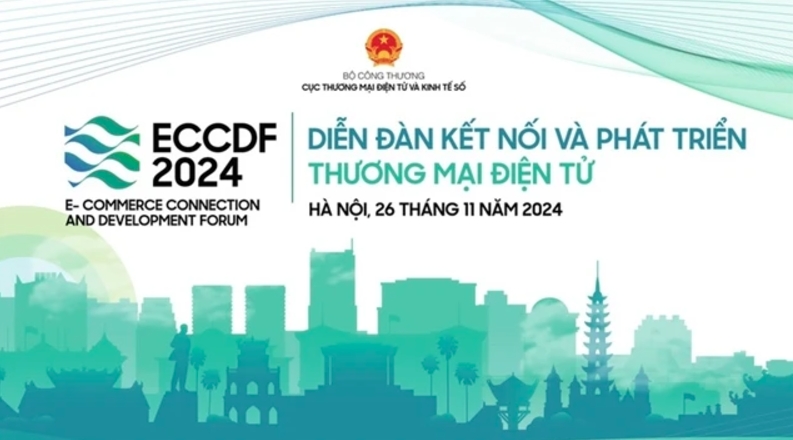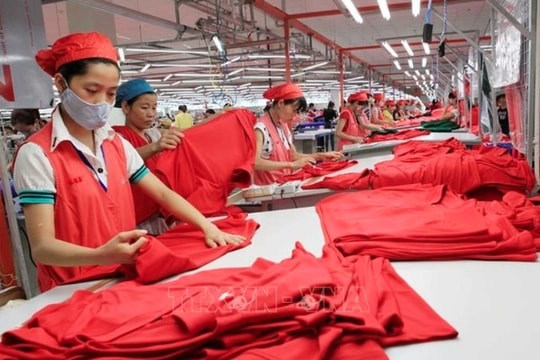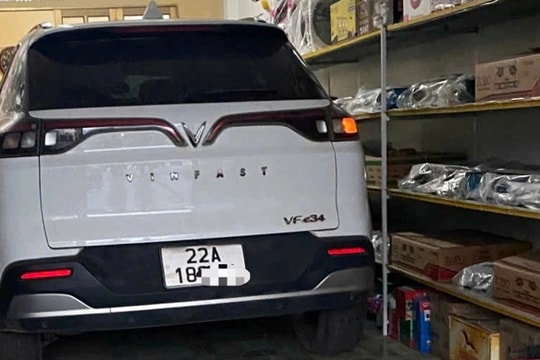Vietnam is one of the fastest growing e-commerce markets in Southeast Asia. According to reports by Google and Temasek and Bain & Company, in 2023, the value of the Vietnamese e-commerce market reached more than US$20 billion. According to the government news site chinhphu.vn this figure is expected to increase to US$52 billion in 2025.
Alongside opportunities from Free Trade Agreements, micro, small and medium-sized enterprises (MSMEs) in Vietnam are shifting their business from traditional channels to e-commerce.
Cross-border e-commerce has become an important route for exports, again expanding the consumption market for Vietnamese goods.
However, MSMEs also face difficulties and challenges when exporting goods via e-commerce. Specifically, many of them lack the necessary skills to operate e-commerce platforms and optimise user experience.
Regarding logistics, the transportation and warehousing systems have not developed evenly, making it difficult to meet international delivery needs.
Meanwhile, complex regulations and tax differences between countries make cross-border business difficult.
They can also find it hard to compete with larger companies in terms of price and service quality.
Regarding market information, MSMEs often have difficulty collecting and analysing data to understand the international market.
Therefore, the E-commerce Connection and Development Forum 2024 aims to address these issues and introduce models and solutions to support MSMEs in promoting exports via e-commerce platforms.
The forum is expected to have the participation of 500 delegates from ministries, branches and localities, embassies and trade offices of some Asian countries in Vietnam, along with associations and Vietnamese and foreign enterprises.
At the working sessions, there will be presentations by domestic and international speakers on new export trends through cross-border e-commerce and the fastest way of approaching international markets for MSMEs.
At the same time, they will introduce to the enterprises warehouse models, O2O (online-to-offline) models and successful strategies in markets such as China, the Republic of Korea and Southeast Asia
In addition, the forum will help businesses grasp legal regulations on cross-border e-commerce, customs procedures, taxes and legal issues in Vietnam, China and South Korea and build appropriate business plans.
Alongside the main forum there will be more than 80 exhibition booths to help businesses seek trade opportunities, establish long-term cooperative relationships with foreign suppliers, logistics partners and e-commerce platforms.























